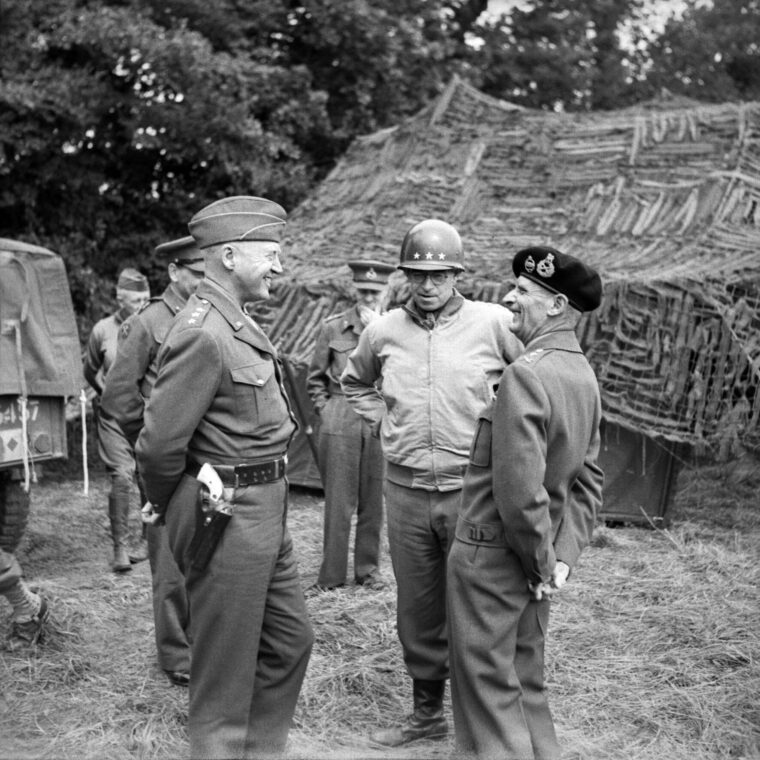
WWII
Operation Fortitude: The Great Deception
by Brent Douglas DyckThe Allied invasion of Normandy in France on June 6, 1944, known as D-Day, was the largest amphibious operation in modern history. Read more
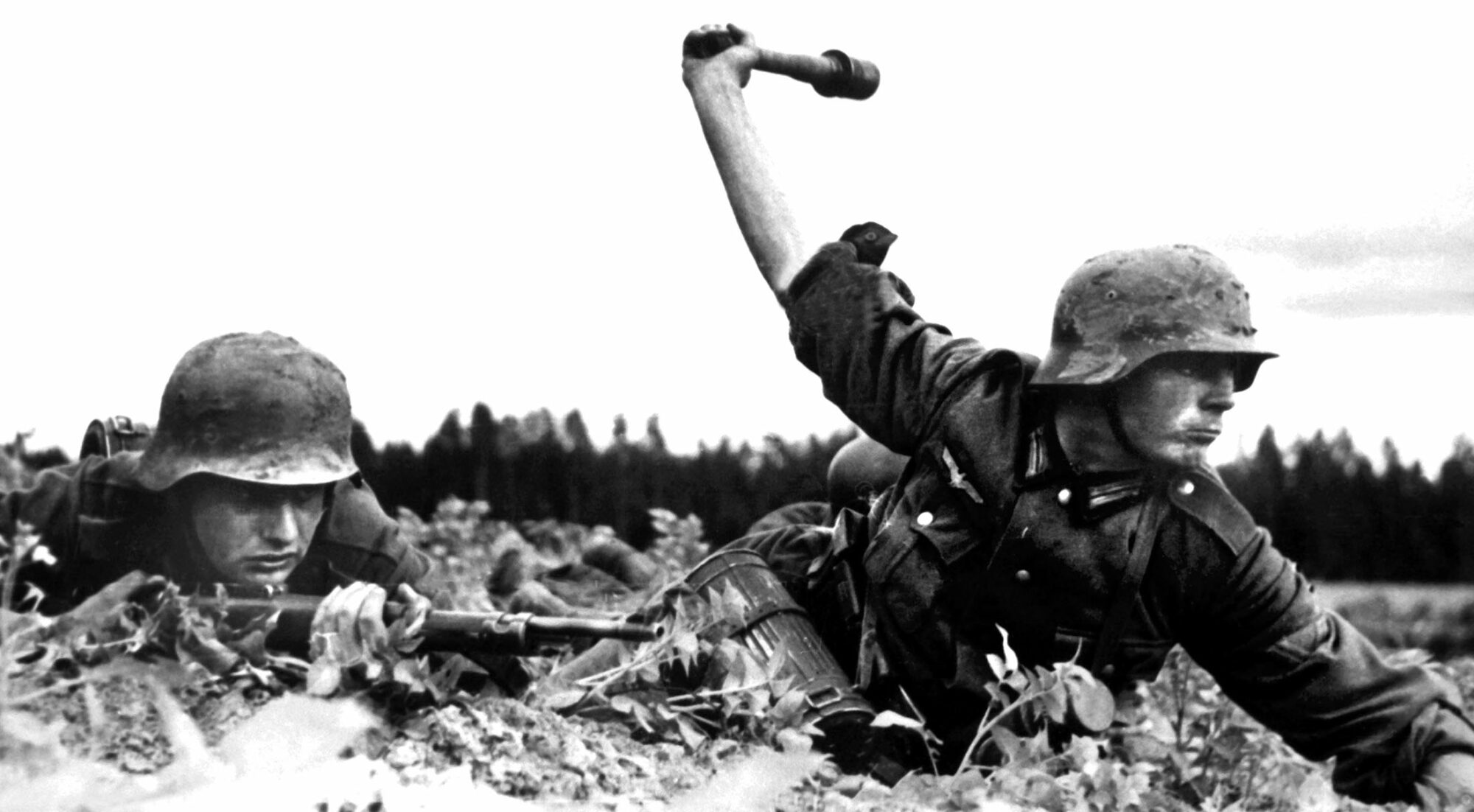

WWII
The Allied invasion of Normandy in France on June 6, 1944, known as D-Day, was the largest amphibious operation in modern history. Read more
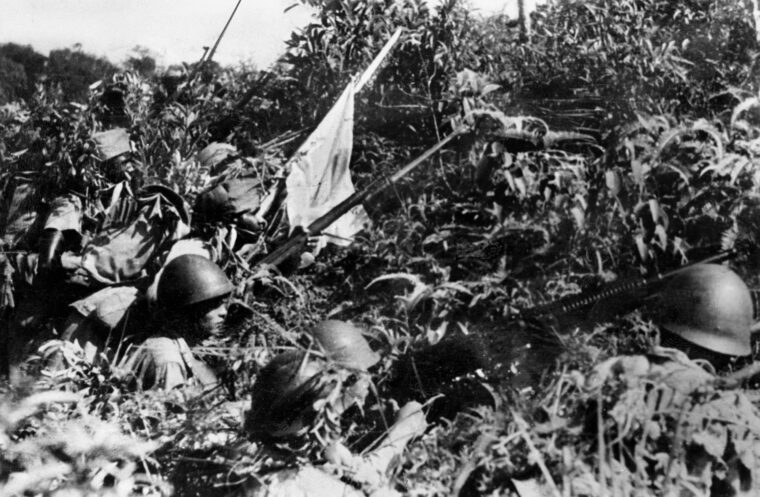
WWII
The initial command structure in the China-Burma-India (CBI) theater of World War II produced a sharp contrast and clash of wills between two of the principal Allied leaders: British Field Marshal Archibald Wavell, and his American counterpart, Lieutenant General Joseph W. Read more
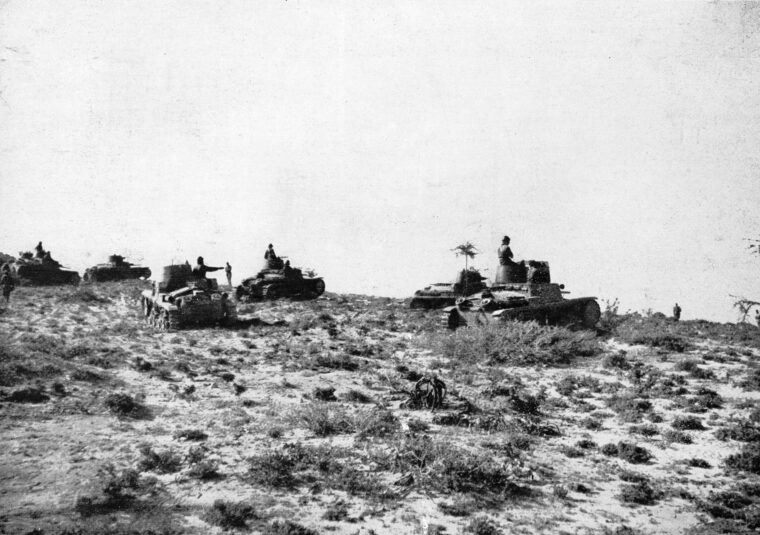
WWII
ONE of World War II’s least known campaigns was fought over one of the most desolate places on earth. Read more
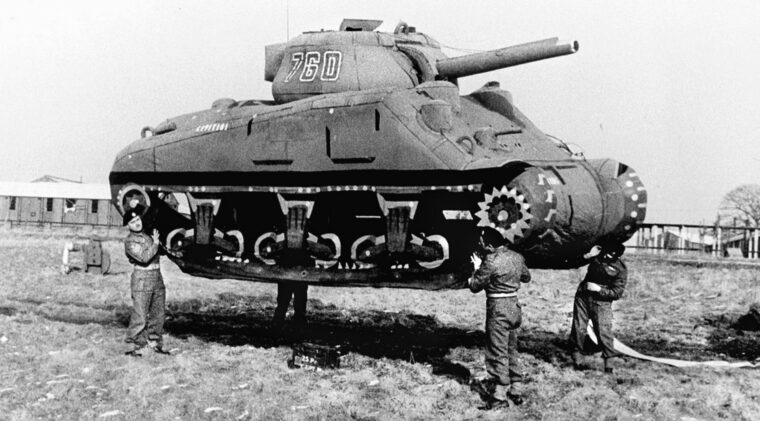
WWII
For Operation Neptune/Overlord, the Allies had 6,939 naval vessels, 11,590 aircraft, and 156,000 infantrymen and airborne soldiers (both parachute and glider) ready to participate in the D-Day invasion of northern France on June 6, 1944. Read more
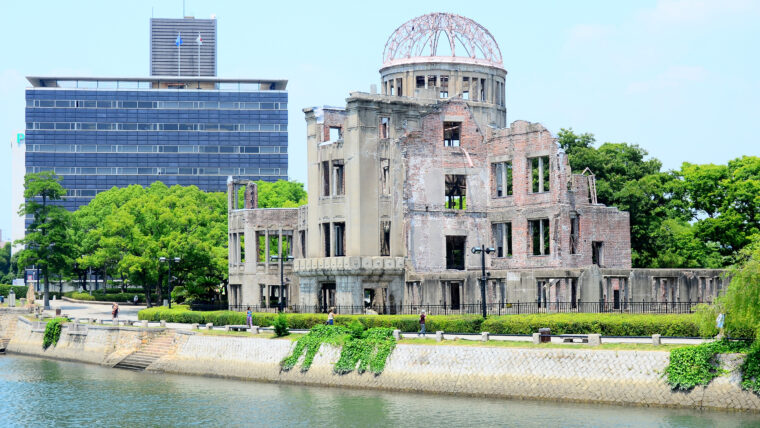
WWII
It is an intriguing truism of history that those who start wars inevitably end up losing them. A few examples spring to mind: Napoleon vs. Read more
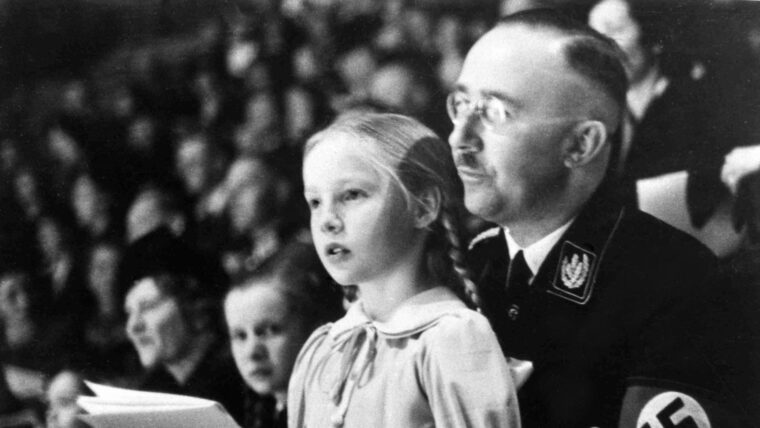
WWII
It seems that every month there is a news item that relates to World War II. Here’s one you may have missed:
Gudrun Margarete Elfriede Emma Anna Himmler Burwitz, the true-believing daughter of Heinrich Himmler, head of the dreaded SS and one of Adolf Hitler’s closest henchmen, died in or near Munich last year. Read more
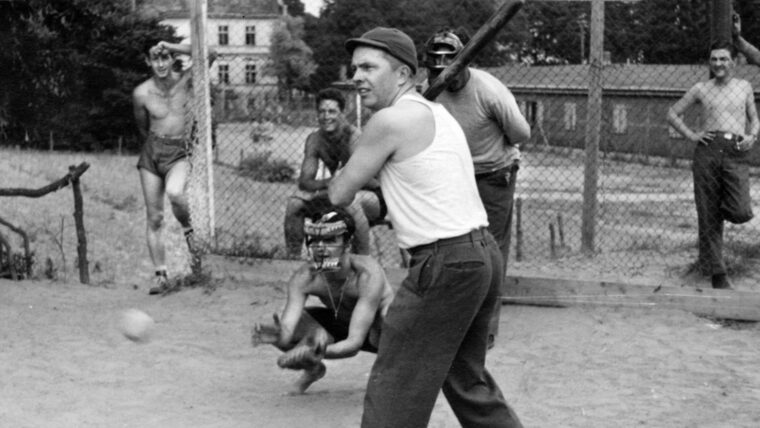
WWII
1. The first American serviceman killed in World War II was Captain Robert M. Losey from Andrew, Iowa. He was serving as a military attaché and was killed in Norway on April 21, 1940, when German aircraft bombed the Dombås railway station where he and others were awaiting transportation. Read more
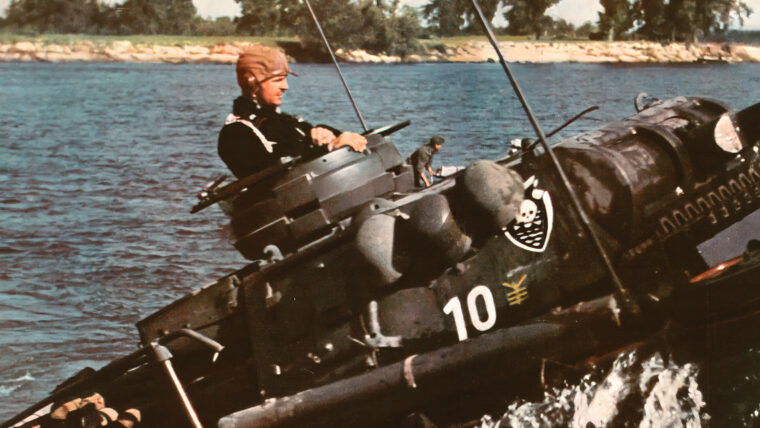
WWII
By April 1941, just over a year and a half into World War II, Nazi Germany was master of Europe. Read more
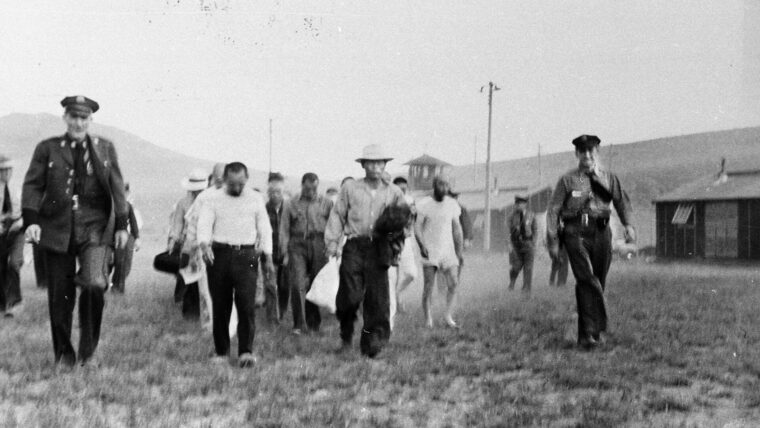
WWII
After the surprise bombing of Pearl Harbor on December 7, 1941, many Americans in authority began to fear the large number of people of Japanese ancestry living along the West Coast of the United States, thinking that some of them might have sympathies for Japan and might assist in a possible invasion or sabotage American efforts to resist such an invasion. Read more
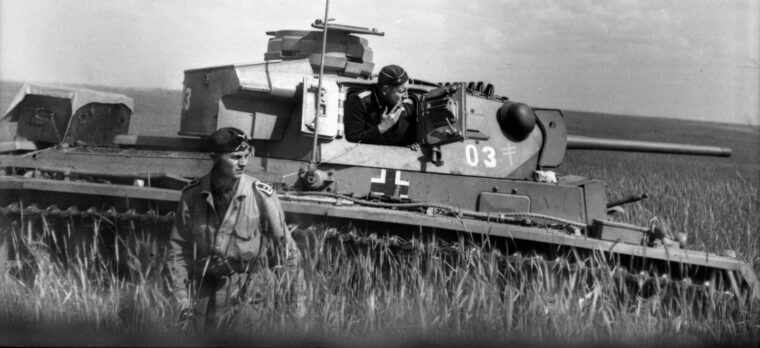
WWII
After the brutal defensive fighting during the winter of 1941-1942, Adolf Hitler was ready for another round with the Russians. Read more
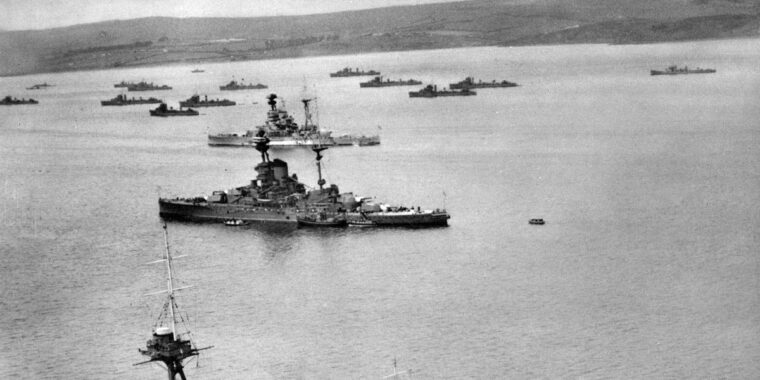
WWII
Late on the night of Friday, October 13, 1939, Kapitänleutnant Günther Prien surfaced his 218-foot-long submarine, U-47, and guided it through the protected, shallow, narrow channel at Kirk Sound. Read more
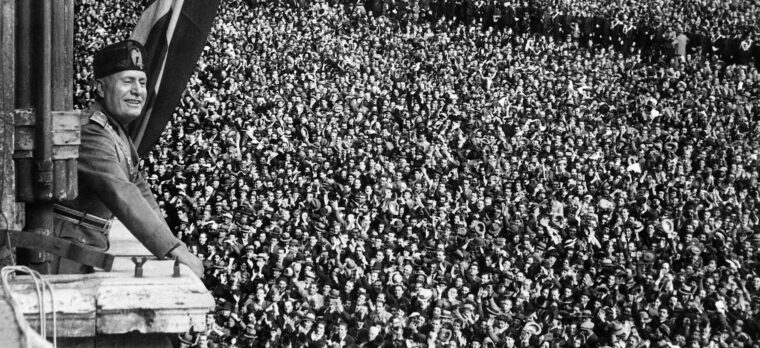
WWII
At 10:30 on the night of May 9, 1936, as 400,000 people stood crowded together on Rome’s Palazzo Venezia underneath the most famous balcony in the world, Italian Prime Minister Benito Mussolini, 52, the leader of the country’s ruling Fascist Party, strode forward and began to speak to the silent masses below him. Read more
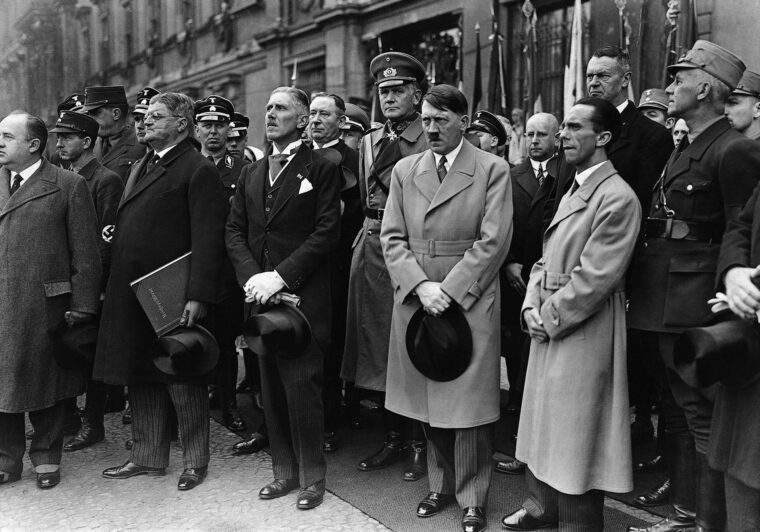
WWII
After the long journey from Germany to Istanbul, their escape to North Africa and finally to England, the two defectors ended up in an apartment in South Kensington, one of the more wealthy neighborhoods of London. Read more
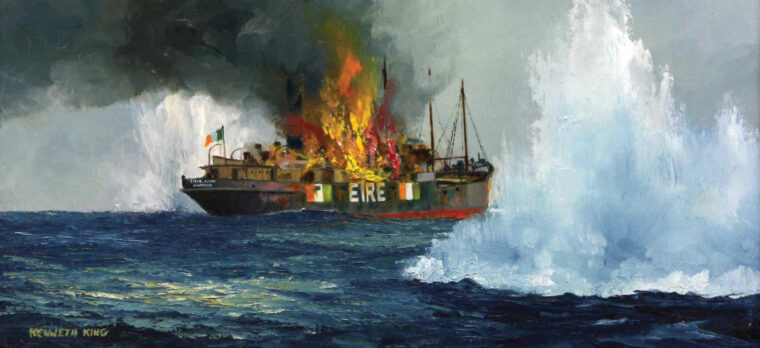
WWII
Ireland’s refusal to take part in World War II agitated Winston Churchill during the war’s first months. Read more
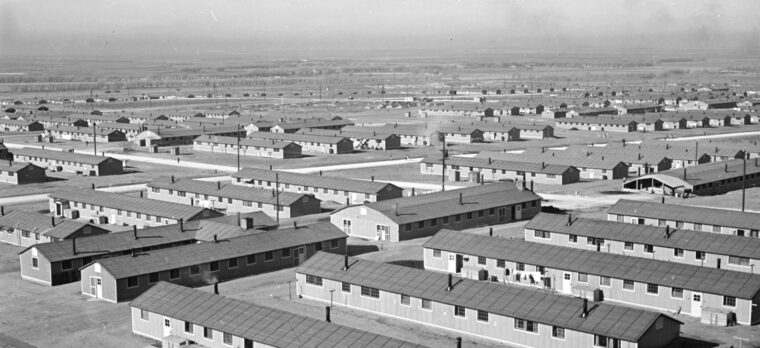
WWII
On February 28, 1942, Governor Ralph Lawrence Carr of Colorado received a telegram from the White House. At that moment he was in his office, surrounded by staff, but routine business had to be put on hold while Carr quickly scanned the missive that came directly from the president of the United States, Franklin Roosevelt. Read more
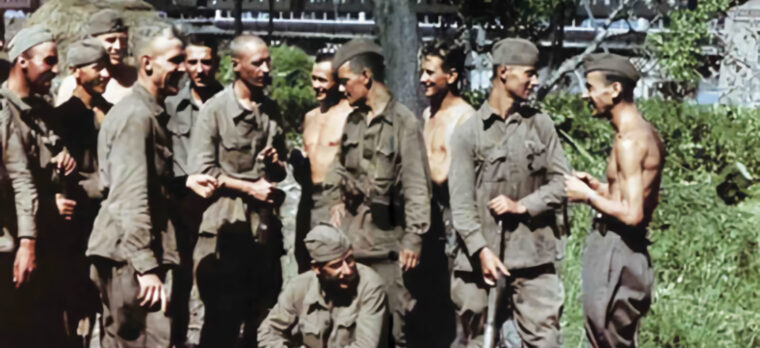
WWII
It was in the early hours of the German invasion of Holland, May 10, 1940, and a Wehrmacht doctor was tending to a soldier wounded during the capture of the key Gennep border bridge. Read more
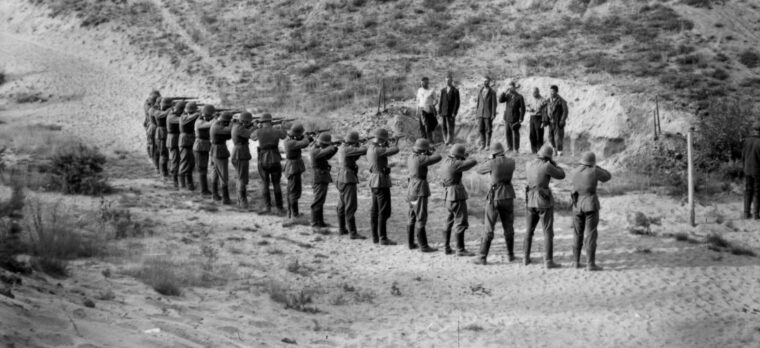
WWII
“I must tell you something…. I took part in a mass killing the day before yesterday.
[When we shot the Jews brought by] the first truck, my hand trembled somewhat during the shooting, but one gets used to it. Read more
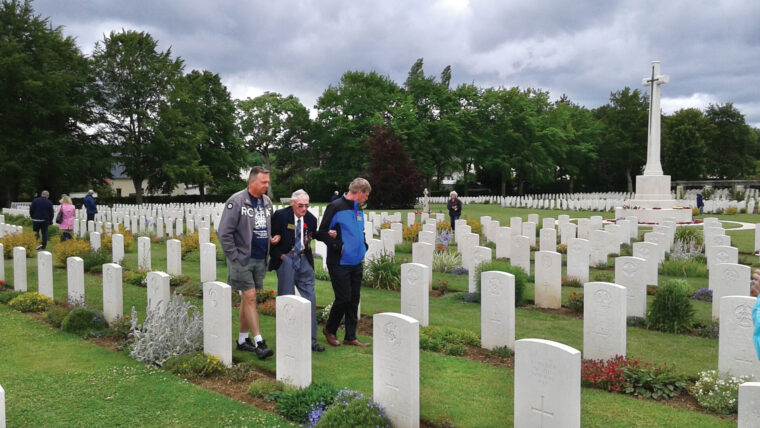
WWII
This past June I once again had the honor of guiding a group of 30 Smithsonian guests to the hallowed ground of Normandy, France, to visit the sites. Read more
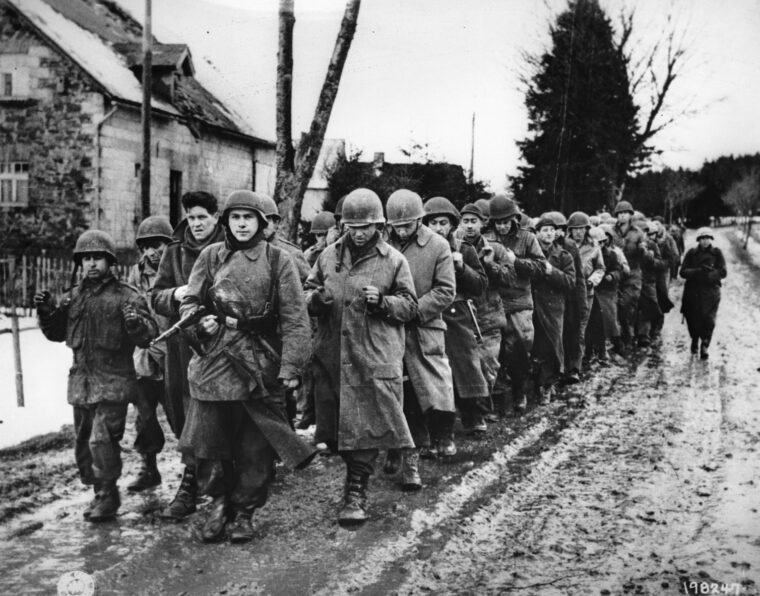
WWII
Ordered to “hold at all costs,” 300 American soldiers defended the small Luxembourg town of Hosingen during the first three days of the Battle of the Bulge. Read more
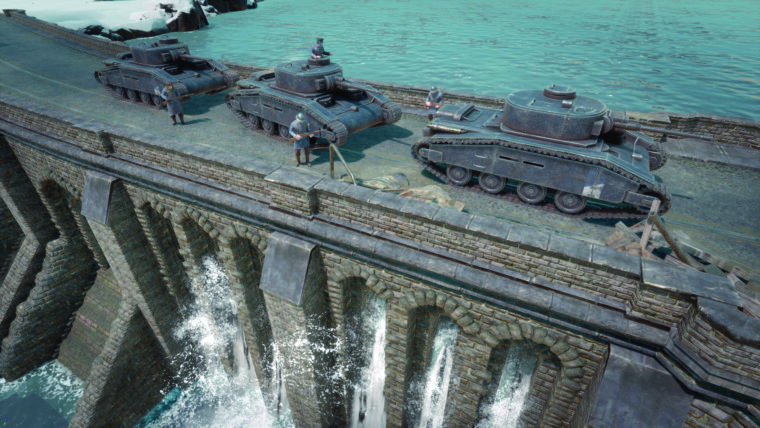
WWII
In most war games, players are either in control of one unit or a very specific assortment of units. Read more